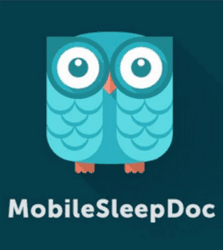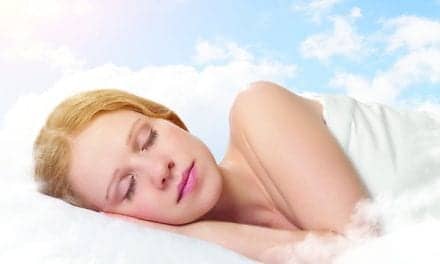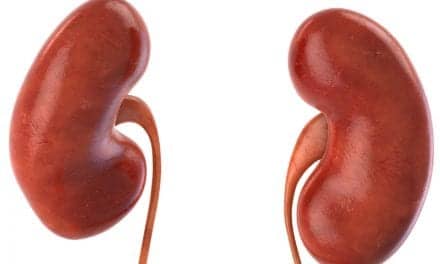MobileSleepDoc, LLC has launched v2.0 of the company’s flagship app: MobileSleepDoc app. The $0.99 app is designed by board certified sleep specialist, CEO/founder of MobileSleepDoc, Dr Melissa Lim.
“A while ago, it occurred to me that the number of people with sleep problems is disproportionate to the number of certified sleep specialists available to treat them. I designed this app to give users and medical professionals a starting point to start talking about sleep problems without having to go through the formality and expense of a formal sleep study,” Lim says in a release. “Patients shouldn’t be the last to know they have a sleep related problem, doctors don’t need to make getting a good night’s sleep such a mystery! Actively engaging and empowering patients to participate in their own healthcare makes them healthier. In addition, MobileSleepDoc can be used by medical professionals in the quick evaluation of a patient, as well as in initiating a suitable treatment option.”
Version 2.0 of the MobileSleepDoc app has expanded reporting capabilities and a new reward points program, which users can redeem for access to animal dream totems (which they can place on their virtual nightstand) or soundscapes that have been composed exclusively for MSD users by San Francisco Bay Area musicians. MSD v2.0 also syncs with the FitBit, allowing a single point of sleep data entry that tracks sleep efficiency, times woken up throughout the night, hours slept, and more. Finally, the app has been given a cosmetic makeover, intended to help ease the challenge of addressing a sleep problem by making the app easy to use, beautiful, and fun.
The technology of MobileSleepDoc is based on two behavioral techniques that work effectively to help people sleep better: Stimulus Control Therapy and Sleep Restriction Therapy ask users to impose specific guardrails around their sleep habits that are designed to control the sleeping environment and increase pressure to sleep at bedtime. In addition to addressing insomnia, MobileSleepDoc can help provide users with clues/information about their sleep patterns that might point to a diagnosis of obstructive sleep apnea (OSA), which the patient can present to their doctor when requesting a formal sleep study. The app also will tell the user where the five closest sleep centers are where they can receive diagnostic testing.





